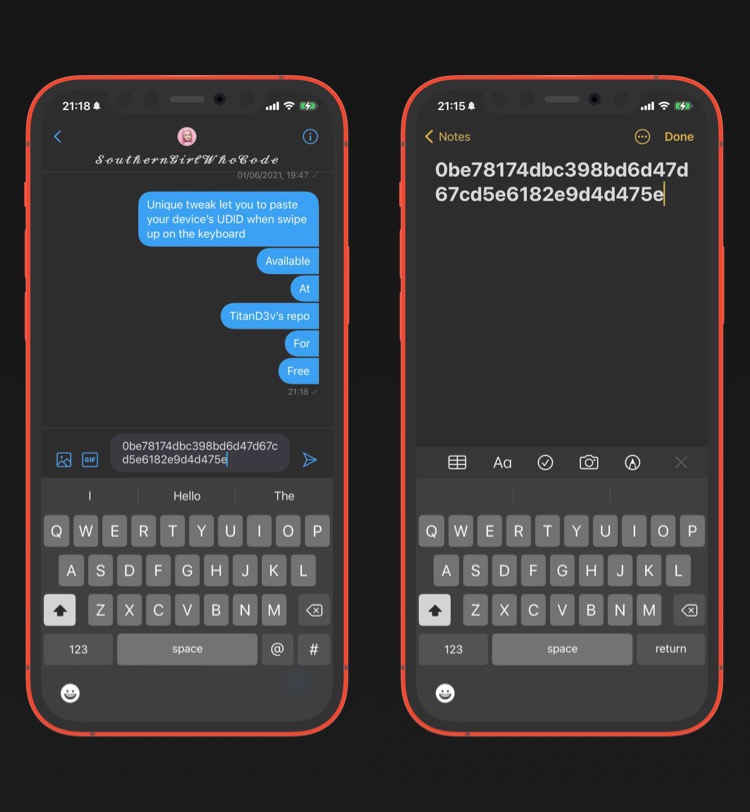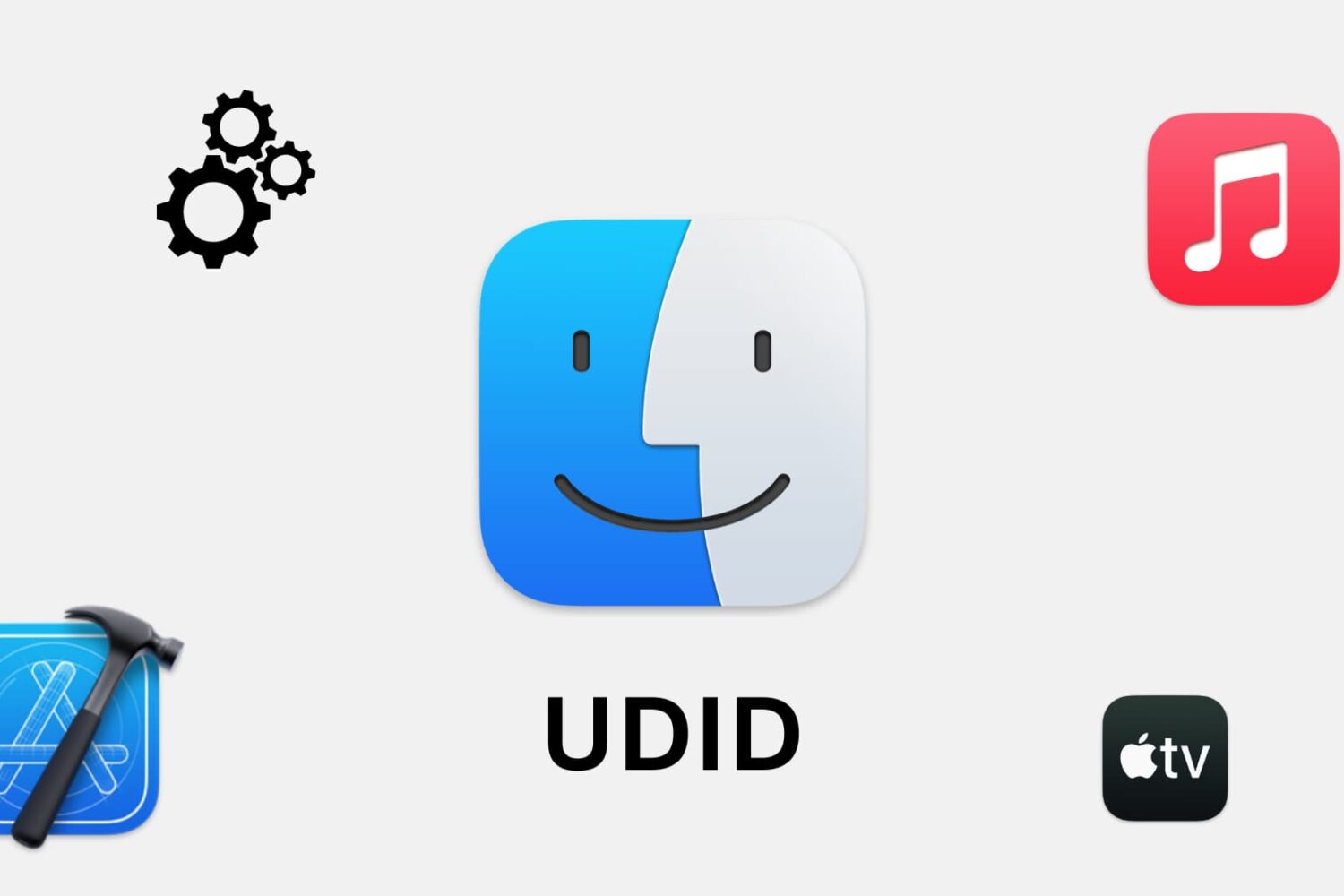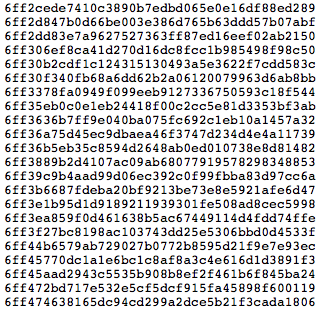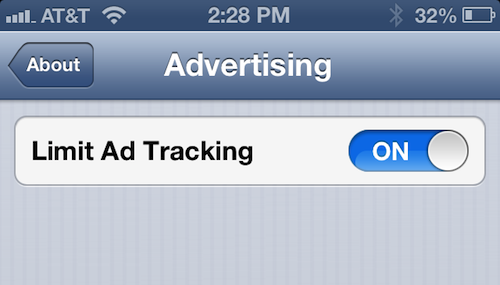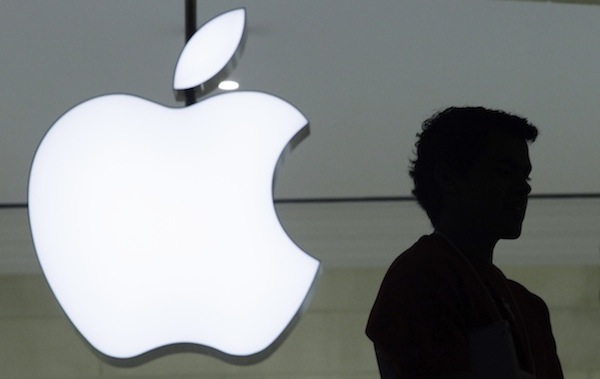Getting to your iPhone or iPad’s UDID (unique device identifier) is more work than it should be. Ordinary users can connect their device to a computer or visit a specialized website to view their handset’s UDID. Jailbreakers have the option find their UDID in their favorite package manager.
But even after finding it, there’s sometimes a need to copy and paste the UDID elsewhere, such as for certain jailbreak tweak activations and other fringe scenarios.
